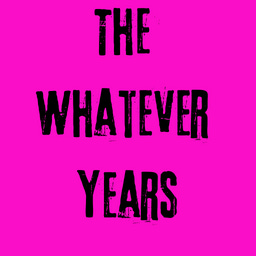Day trading and gambling have a lot in common. The odds are slightly better in day trading, but not by much. In both disciplines, the people who get ahead exercise strict discipline and benefit from an occasional lucky streak.
The risk of losing all your money is known as the risk of ruin. The best way to reduce the risk is careful, consistent money management. This limits your losses and keeps you in the game so that you can benefit when the trend moves in your direction.
I write a lot about money management in Day Trading for Dummies (affiliate link) because it’s at least as important as any system out there, but it’s often overlooked. Most systems require that you start out with a calculation of the risk on the trade or an understanding of your trading edge. The simplest money management system of all is the Gann method, which calls for never placing more than 10% of your money on a single trade (or bet if you’re gambling). Once you collect more information about your trading, which you should be tracking, then you can consider a money management system that allows you to place larger trades if the conditions warrant them.
Spending your retirement savings has a money management component. You’re trying to figure out how much to withdraw each year to support your needs and your wants, without knowing for sure what type of investment return you’ll receive or how long you will need the money. And everyone is pretty much at a loss.
Most advice is almost like the fixed-fraction approach. Take out 4% the first year of your retirement, then increase that dollar amount by the amount of inflation. An alternative that is slightly more precise is to find out how many more years the Social Security Administration expects you to live, then divide that by the amount of money that you have. This works up to age 111; after that, the Social Security Administration assumes that you have less than a year to live, and the fraction screws up the math.
You never want to spend all your money, even when you’re 110. But some years, you may have to spend less money than you would like to spend so that you still have money to spend next year.
In addition, you should hedge your gambling/trading/retirement savings somehow.
If you’re gambling, one hedge comes in the form of comps from the casino. Another is from your other assets. Never gamble money you can’t afford to lose! Really, gambling should be thought of as an activity that costs money, not a financial activity. Some people spend money on theatre tickets, others like to place sports bets. It’s all good if you can afford your activity.
In day trading, you don’t get comps (which is why the odds are slightly better; how do you think casinos afford all those freebies?). Traders can place hedging transactions against especially large risks, and they should have a policy for periodically moving some trading capital into a less risky investment. Your trading account should not be your only financial asset.
If you’re retired, the best hedge against fluctuations or loss of your savings is in the form of regular income. Social Security or a defined-benefit pension can be a large part of that. Some people have enough money that they can keep funds separate from their retirement accounts. Others purchase an annuity with some of their retirement funds to guarantee an income stream. Depending on interest rates and terms, this can be cheap; many people opt for a deferred annuity that kicks in at age 80 or so to guarantee that they won’t outlive their savings.
My Soapbox
An annuity is a contract that pays a predetermined amount of money for a predetermined amount of time. They can be very simple, or they can be staggeringly complex. No surprise, the more complicated the annuity, the greater the commission for the seller—and the less likely it is to be a good deal for the customer. (For the love of all that is good and holy, do not buy an indexed annuity.) Investor.gov has some good information.





